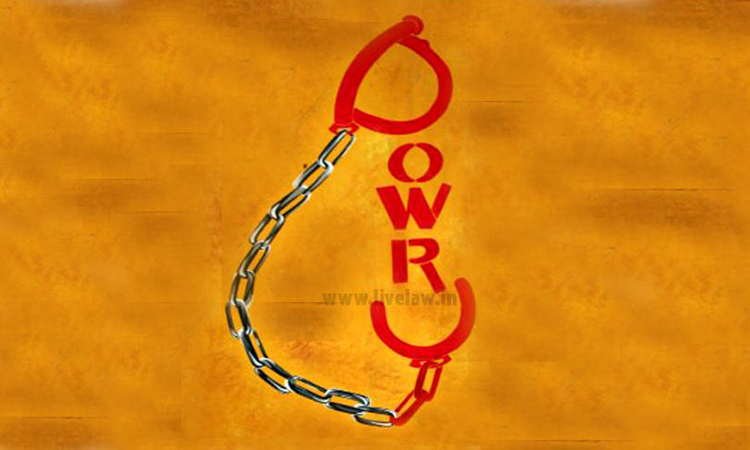Dowry Death Shall Be Presumed If It Is Shown That Wife Was Harassed For Dowry Soon Before Death : Supreme Court
Shruti Kakkar
23 Dec 2021 6:23 PM IST

Next Story
23 Dec 2021 6:23 PM IST
The Supreme Court has observed that once the prosecution is able to establish that a woman was subjected to cruelty or harassment for or in connection with any demand for dowry soon before her death, the Court shall proceed on a presumption that the persons who have subjected her to cruelty with demand for dowry have caused dowry death u/s 304B of the Indian Penal Code.The bench of Chief...
